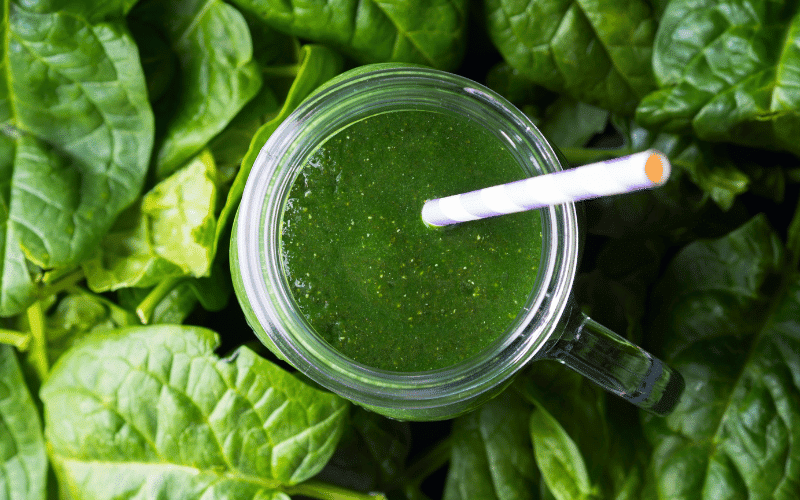Introduction: The Importance of Iron in Your Diet
Iron is an essential nutrient that plays a crucial role in the body. It’s responsible for the production of hemoglobin, a protein in red blood cells that carries oxygen from the lungs to the rest of the body. A deficiency in iron can lead to anemia, which causes fatigue, weakness, and a decreased ability to concentrate. Consuming iron-rich foods is vital for maintaining optimal health and preventing deficiencies.
In this article, we’ll explore the top 10 iron-rich foods to help you boost your iron intake naturally. From leafy greens to protein-packed meats, these foods offer a variety of options for individuals with different dietary preferences. We’ll also provide tips on how to incorporate these foods into your meals, ensuring that you get the most out of their nutritional benefits.
1. Spinach – The Green Iron Powerhouse

Spinach is a leafy green vegetable that’s not only rich in iron, but also packed with other essential nutrients like vitamin K, vitamin A, and folate. Just one cup of cooked spinach provides around 6.4 milligrams of iron, which is approximately 36% of the recommended daily intake for adults.
Not only does spinach provide a significant amount of iron, but it also contains other nutrients that help promote overall health. For instance, the vitamin K found in spinach is essential for blood clotting and bone health. Meanwhile, vitamin A is necessary for maintaining healthy vision, skin, and immune function. Spinach is also a good source of dietary fiber, which aids digestion, contributes to a feeling of fullness, and can help maintain healthy blood sugar levels.
Adding spinach to your diet is quite simple, as it is an incredibly versatile ingredient. You can enjoy it raw in salads or sandwiches, cooked in dishes like lasagna or frittatas, or blended into smoothies for an added nutrient boost.
To maximize iron absorption, pair spinach with foods high in vitamin C, such as bell peppers, strawberries, or citrus fruits. Additionally, cooking spinach can increase the bioavailability of iron, making it easier for your body to absorb this essential nutrient. (1)